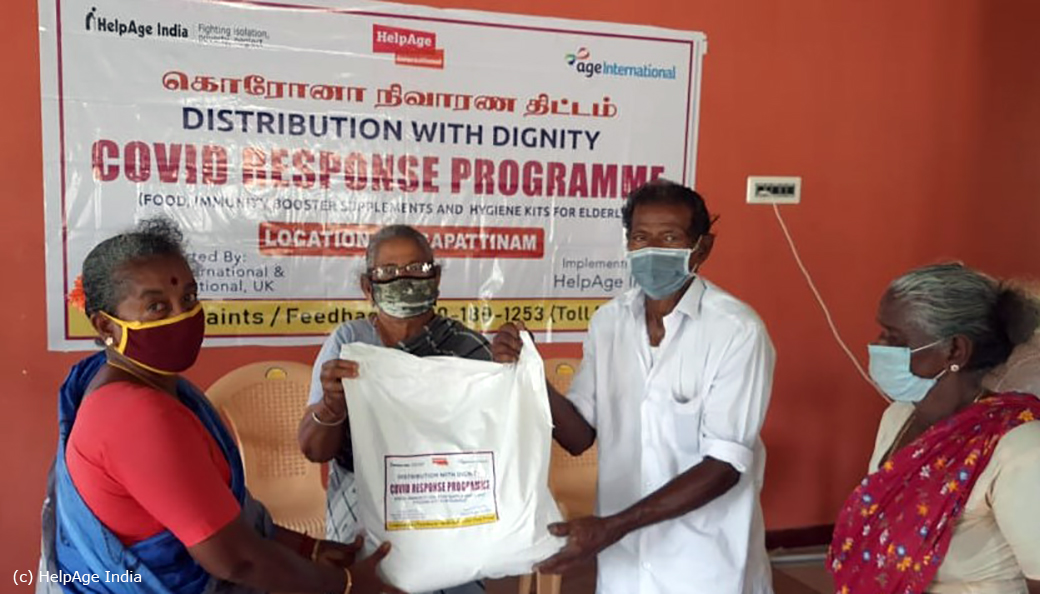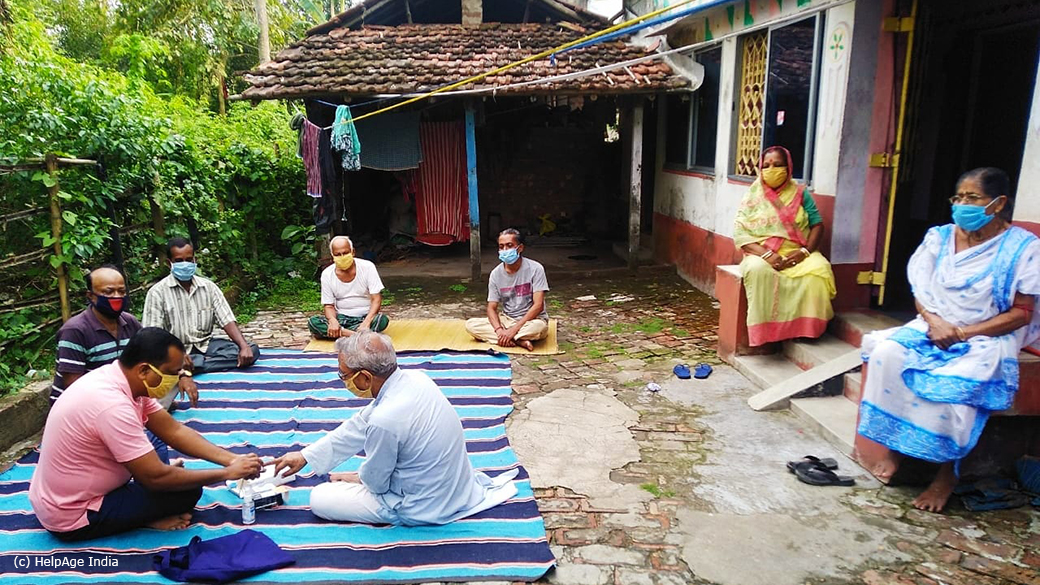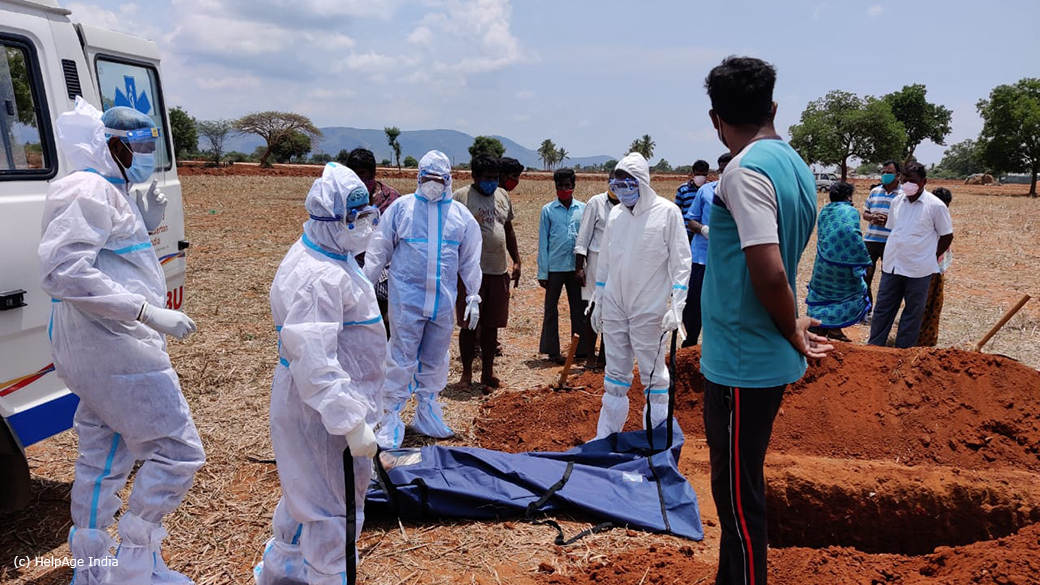The second wave of COVID has taken its toll in India, and our healthcare systems are facing a lot of difficulties. The last two months have been an enormous struggle, and everyone is now talking about the possibility of a third wave.
During the first wave there was a huge amount of panic and economic fear. People were worried about how they would live, and with the loss of jobs in cities, especially for migrant labourers and those from the unorganised sector, many migrated to rural areas where they thought they would be safe. Amongst those left behind, the poor elderly and their families were worried about how to put food on the table. Their only option was the hope that relief and welfare organisations like HelpAge India or government distributed rations, would somehow get through to them.

Everything changed with the second wave. It brought fears deep into the homes of both urban and rural India. In rural areas, COVID had not really seeped deeply in during the first wave, but the second wave left no one to spare. This is now a major concern as access to relevant information and healthcare is poor, especially in the deep interiors.
No one was prepared for the second wave at the end of March. Nothing like this had been witnessed before, and it was like the country was literally gasping for breath. The nightmare had begun and taken hold.
People were going to hospitals but not finding beds. They couldn’t get oxygen, or life-saving medicines or injections. The healthcare system was stretched, doctors, nurses, and frontline health workers were struggling to cope with the magnitude of the spread, for it was vicious and rampant. We had no precedent.
Older people are silently suffering. Those with existing comorbidities, such as cancer or diabetes, were struggling to get treatment as the country was engulfed in the COVID-19 response. They are scared to go for basic testing if they get any symptoms – which may or may not be COVID-19 – as they feel that a positive test is a death sentence. It is an unimaginable reality we are dealing with today.

In India, older people live largely with their families. While nuclear families are on the rise, we still have a large segment in comparison to the West where the elders live together with their family. Many middle and lower middle-class families live in small, confined spaces. The pressures of working from home, along with pay cuts and job losses, has created tensions and stresses which have had a negative impact on the relationship between older people and their carers.
For disadvantaged elders and their families living in urban slums and rural areas, HelpAge India has provided survival kits of food, hygiene kits with bathing soaps, detergents and masks, nutrition kits with immunity boosters such as Vitamin C, D etc, and other necessities. We find that when older people receive food, they tend to share it equally with the younger members of their family, whereas the young, often due to dire need, end up prioritising their own immediate nuclear family, leaving the elders to fend for themselves. Poverty is often the culprit in many cases. It is therefore important that we prioritise older people in our response efforts, because they do not prioritise themselves.
A year has gone by, and life has not got any easier. Every TV channel has news about how many people have died, with images of people dying or desperately trying to get help. This is what older people are seeing day in and day out. The kind of slow but constant flow of negative news, with no hope at the end of the tunnel, must be playing havoc on their minds.

HelpAge runs a Toll-free Elder Helpline across more than 24 state capitals in India offering assistance to elders in need. The number of calls to the helpline increased from the first wave to the second by 36% (14,599 calls to 19,942).
The volume of calls about abuse rose by 18% this year, while calls about counselling went up by 111%, and requests for income support by 54%.
The elderly are under great stress due to fear of COVID, with no jobs, constrained movement and an uncertain future.
The second wave in India has left thousands of children orphaned and many have gone back to their grandparents. How will the older generation manage? This is not the future they envisioned.
By Sonali Sharma, Head of Communications, HelpAge India
